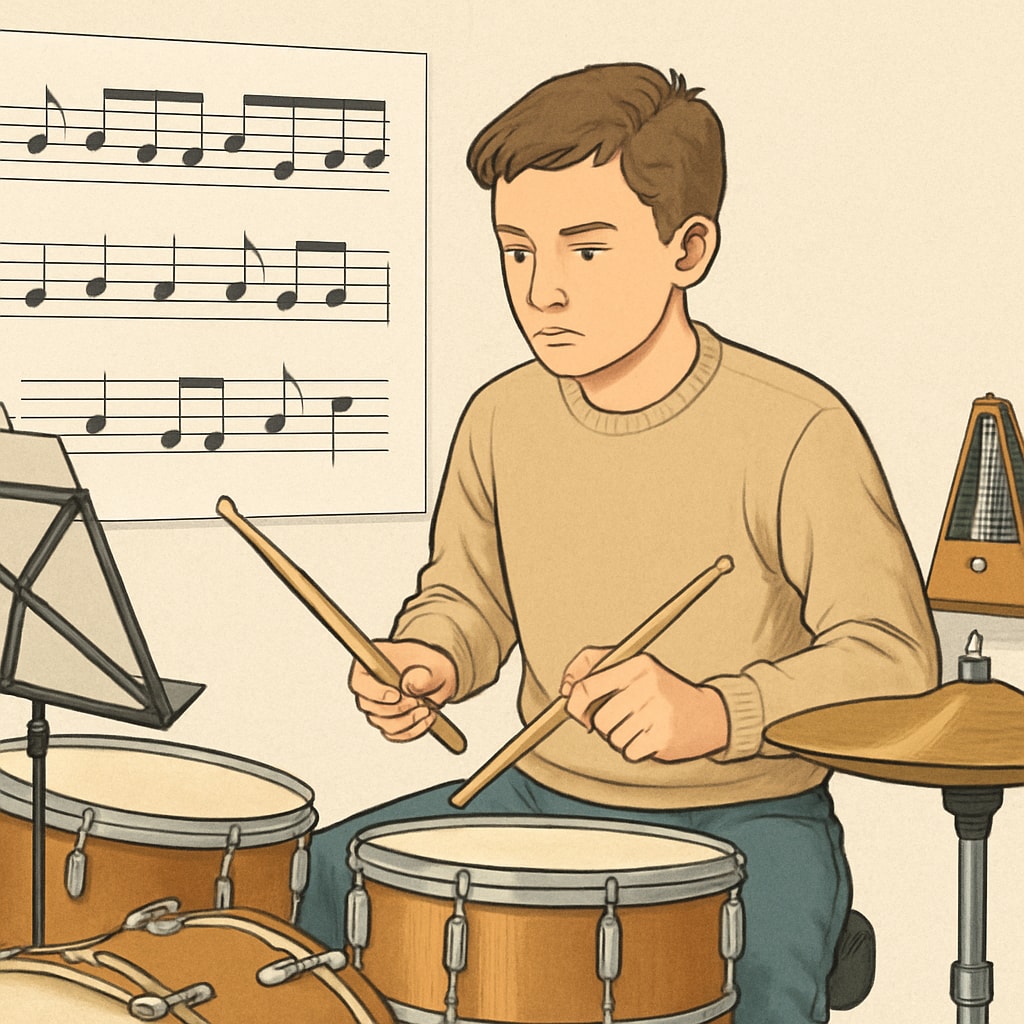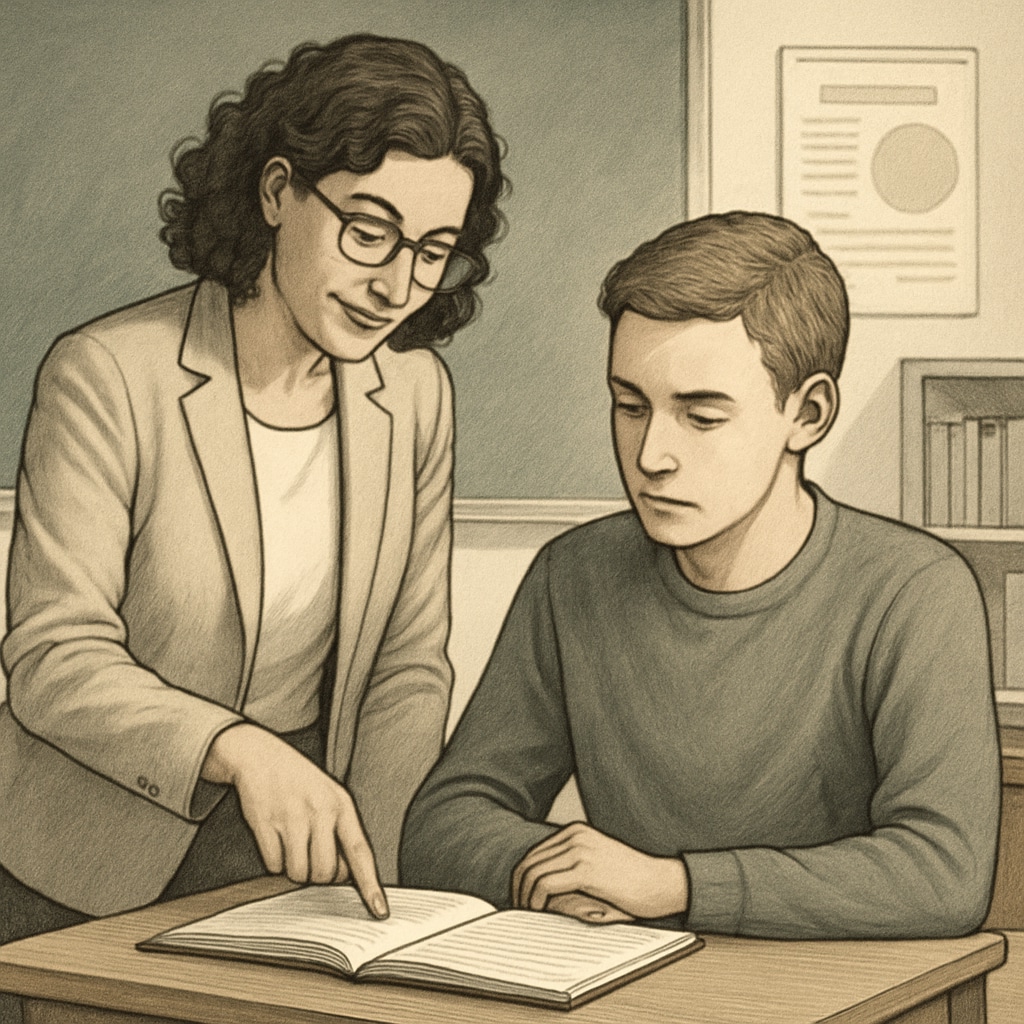In the pursuit of excellence, education often becomes a battlefield where teaching methods, personal limits, and care collide. This is particularly true in K12 education, where students are shaped during their most formative years. The 2014 film Whiplash, which tells the story of a young drummer pushed to his limits by an unforgiving mentor, provides a striking example of the ethical challenges educators face. How far is too far when pushing students toward their personal best? And how can rigorous education methods coexist with genuine care for mental and emotional well-being?
When Does Rigor Become Harmful?
Rigorous teaching has long been associated with high achievement. In fields like music, sports, and academics, educators often push students to break through perceived limitations, believing that pressure breeds excellence. However, this approach carries risks. Excessive pressure and harsh criticism can damage students’ self-esteem and mental health, leading to burnout, anxiety, or even resentment toward learning. A study by the Encyclopedia Britannica highlights the importance of balancing discipline with empathy to ensure long-term success and well-being.
In Whiplash, the educator’s unrelenting methods result in both triumph and trauma for the student. While the protagonist achieves musical greatness, the psychological toll raises questions: Is greatness worth the cost of well-being? Educators must ask themselves whether their methods inspire growth or inflict harm.

Redefining Care in Education
The traditional concept of care in education often involves nurturing and protecting students from harm. However, care can also mean holding students to high standards and encouraging them to strive for more. The challenge lies in finding the balance between these two approaches. For example, educators can use constructive criticism as a tool to push students while maintaining a supportive environment.
Research from Edutopia emphasizes the role of emotional intelligence in teaching. Teachers who demonstrate empathy and adaptability are more likely to foster resilience and motivation in their students. Care is not about avoiding challenges but ensuring that students have the tools and support they need to face them.

Practical Strategies for Ethical Teaching
To strike the right balance between rigor and care, educators can adopt the following strategies:
- Set realistic expectations: Encourage students to aim high, but ensure that goals are attainable and aligned with their individual abilities.
- Provide constructive feedback: Focus on specific areas for improvement while acknowledging achievements to build confidence.
- Monitor mental health: Be vigilant for signs of stress or burnout, and provide resources or adjustments as needed.
- Encourage self-reflection: Help students develop self-awareness by reflecting on their goals, challenges, and progress.
- Foster a growth mindset: Teach students that failure is a part of learning and that their abilities can improve with effort.
These strategies enable educators to push students toward their potential without crossing into harmful territory.
Conclusion: The Path to Balanced Excellence
In education, the ultimate goal is not just to produce high achievers but to nurture well-rounded individuals. Balancing rigorous teaching methods with genuine care ensures that students develop both resilience and a love for learning. By respecting personal limits while encouraging growth, educators can inspire excellence without compromising mental health. As the film Whiplash demonstrates, the line between pushing and harming can be thin—but with ethical practices, that line can be respected.
As educators, parents, and policymakers, we must continually reflect on our approach to teaching. Are we fostering environments where students can thrive, or are we prioritizing results over well-being? The answers to these questions will shape the future of education and the lives of the students we aim to guide.


